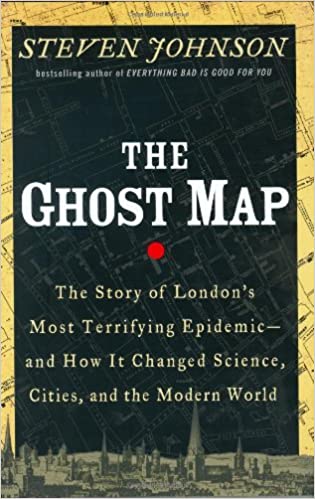During my graduate work, I had a professor who had an enduring, indelible impact on my life. One of his more memorable notions was the necessity to remain sensitive to the alerts from your “crap detector.”
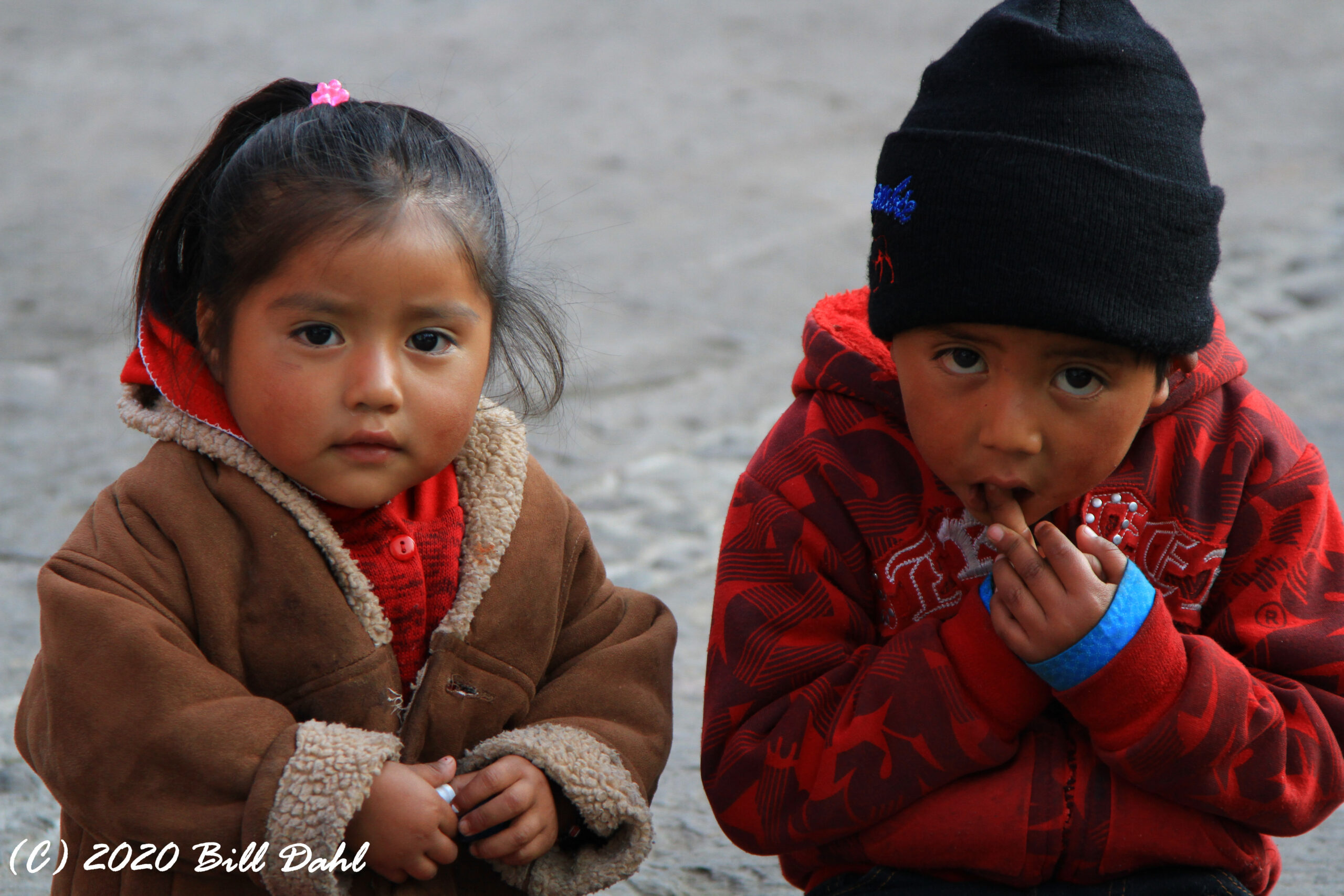
As he described it, a crap detector is the human mental capacity to mistrust the scent of human exhalations; those that just don’t smell right. Yet other fragrances may smell just fine but be harmful to you. . The human crap detector resides in your mind, swiveling in a 360, 24-7. However, you can ignore it, disconnect it, or choose to follow the scent to explore the source(s) of the scent.
This piece was published by Meer.com (Europe) on May 3, 2022.
A common term to describe these sorts of scents is miasma. An example of the term miasma is the vapor associated with the scent of a compost pile. It is the product of the decomposition process, comprised of the interaction of numerous elements and processes beneath the surface of what can easily be observed. Miasma is defined as “a heavy vaporous emanation or atmosphere” or “an influence or atmosphere that tends to deplete or corrupt.”
During the early to middle era of the nineteenth century, theories of how diseases were caused were a popular topic. One group was referred to as the miasma theorists. They suggested disease was the product of environmental emanations or miasmas. Basically, they were early proponents of the theory that human disease was caused by infectious mists or noxious vapors emanating from the filth in the towns and cities in which they inhabited. They claimed that the methodology to prevent the source and spread of infectious diseases was to re-imagine and deploy new sanitary measures and infrastructure to cleanse their communities of the miasma from rotting garbage, sewage, animal carcasses, and other common waste products that were daily realities of the time. Their advocacy provided the impetus for the formation of the Sanitary Movement, designed to improve public health conditions.
In his bestselling book, The Ghost Map – The Story of London’s Most Terrifying Epidemic and How it Changed Science, Cities and the Modern World (Riverhead Books, 2007), author Steven Johnson’s exploration of London’s cholera epidemic is a cornerstone for understanding the history of miasma.
The book begins in the summer of 1854 in London. The city of London had evolved into one of the first, truly modern cities. At that time, London did not possess the infrastructure for the disposal of garbage, the distribution of clean water, and the plumbing and sewers required to capture, and dispose of human waste. London had become the optimal breeding ground for a horrific, fatal disease with no known cure; cholera. Johnson chronicles how two unremarkable fellows teamed up to explore the source(s) of the epidemic. The book is a testament for the necessity of the application of multidisciplinary thinking; to move beyond the popular and widely held ideas, narratives and notions that continued to support “common knowledge” that perpetuated the ongoing epidemic. The moral of the story for us today is that many of our challenges require us to use our crap detectors to move beyond the obvious and examine the less than apparent issues behind the sources of scent.
A few quotes from the book are poignant here:
“They were blinded by an idea. (p.184). The threats that confront us today are solvable, if we acknowledge the underlying problem; if we listen to science and not superstition; if we keep a channel open for dissenting voices that might actually have real answers. (p.256). The history of knowledge conventionally focuses on breakthrough ideas and conceptual leaps. But the blind spots on the map, the dark continents of error and prejudice carry their own mystery as well. How could so many intelligent people be so grievously wrong for such an extended period of time?”(p.15). “The buildings continue standing. It’s the bodies that fall.” (p.227).
Governments emit scents that fill the nostrils of their citizens and audiences across the globe. In this piece, I examine Mexico’s miasma – exploring the sources beyond the scent.
- Blinded by an idea
Andrés Manuel López Obrador (AMLO) was installed as the 65th President of Mexico on December 1, 2018. His term ends in 2024. He is considered a leftist and populist. His MORENA Party is also known as the National Regeneration Movement.
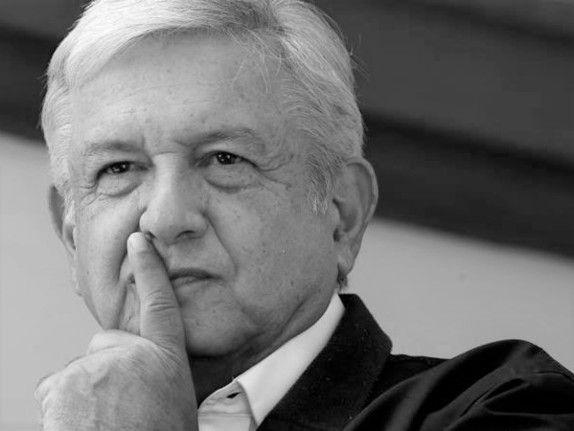
AMLO’s ideas populated the fragrance during both his pre and post-election narratives. They continue today, as espoused during his weekday morning press conferences:
- A regenerative transformation of Mexico
- Empower the disenfranchised
- Restore authentic transparency in government
- Addressing a stubborn, endemic poverty rate of 40% and improving the provision of healthcare for those without the same.
- Eliminate systemic corruption in Mexico – that has been a reality for eons.
- Reduce the realities of endemic violence in Mexico.
- Create a pathway for sustained economic progress and independence through a penchant for nationalism.
- Employ widespread government economic austerity measures
- Reform Mexican institutions and strengthen the rule of law while reducing the systemic reality of impunity.

Take a whiff of the above. Ah, the sweet scent of hope born from an idea for a regenerative transformation of Mexico! As of May 2022, let’s take a look at how these fragrant ideas have translated into policies from the AMLO administration.
- Listen to Science and not Superstition
At the outset of the Covid 19 pandemic in March 2020 in Mexico, AMLO publicly announced that carrying amulets and images of saints would protect Mexicans from Covid-19. Well, that’s superstition – not science. One source stated: “Mexico today is a country that has one of the highest (Covid-19) excess mortality rates per population in the entire world. This is the sum of doing everything wrong.” (Al Jazeera).

AMLO has implemented austerity measures throughout the government. For many, this has made life more difficult by virtue of the ongoing economic crisis. The sole sector of the state that has seen its budget and power increase is the Mexican military. According to Mexico’s INEGI national statistics agency, the Mexican economy contracted by 0.1% for 2019. Today, real GDP in Mexico remains 4% below the pre-Covid era. Analysts indicate GDP growth for Mexico in 2022 to be 1.9%, although AMLO touts 5%.
Yet, AMLO’s austerity measures have negatively impacted the financial resources available for improving the quality of healthcare, education, law enforcement, empowering the judiciary, and the investigation and interdiction of systemic corruption. AMLO has claimed that a reduction in corruption would magically translate into an abundance of financial resources to address the other, aforementioned objectives. However, this has not come to fruition at any measurable degree whatsoever.
López Obrador has increasingly relied upon Mexican military personnel for everything from the construction and operation of the new international airport outside of Mexico City, infrastructure development projects, and expanding the role of the military for everyday public security duties. This expansion of the role of the Mexican military possesses negative prospects and consequences of concern in the arenas of human rights, democratic development and the centralization of military might.
According to the Washington Post: “Police remain poorly trained, and the justice system is underfunded, politicized and veined with corruption.” Mexicans are experiencing forced displacement due to ongoing violence in the country in record numbers. “We are at war,” says Alma Griselda Valencia, a congresswoman from Michoacán. “The fact the government doesn’t want to accept it, is something else.” Confronted with this reality, AMLO has stated; “There are few, very few regions with displaced people,”
Sound suspicious? Superstitious?
III. Keep a Channel Open for Dissenting Voices

For Mexico, 2021 was the third consecutive year it achieved the label as the most dangerous country in the world for journalists. 7 were murdered in 2021. Through late March 2022, the number has already risen to eight more dead. In Mexico, there is almost total impunity for attacks against those employed in the freedom of expression industry. A special prosecutor charged with investigating crimes committed against freedom of expression launched approximately 3,000 investigations since 2010. This effort has resulted in an embarrassing 22 convictions in twelve years.
López Obrador’s attacks on the free press are akin to the behaviors of other politicians like Donald Trump and Jair Bolsonaro. He regularly responds to critical media reports with “it’s fake news, just fake news.” He goes even further with characterizations of specific journalists as “coup mongers” who he perceives as enemies attempting to undermine his power and the policies of his administration.
In May 2022, López Obrador’s most recent attempt to further his nationalist zeal for the purported “transformative regeneration of Mexico” was resoundingly defeated. His proposal to alter the Mexican constitution and “rescue” the state run electrical company (CFE) and state oil company Pemex via the elimination of a 2013 reform that authorized the Mexican energy sector to accept investment from private and foreign companies. López Obrador referred to the defeat as “an act of treason.” He routinely refers to critics as “traitors, thieves, looters, conspirators” and the like.
In 2020, for solely the second time in over 20 years, Mexico fell off the list as one of the 25 most attractive countries in the world for foreign investment. López Obrador’s actions have had a lot to do with this. His decisions to cancel the ongoing construction of a new US $13.3 billion Mexico City airport (and relocate it to the site of an existing military base), the construction of a new US $9.5 billion (now projected to cost in excess of US $12.5 billion) Dos Bocas petroleum refinery in his home state of Tabasco, and the construction of the US $7 billion (now US $10 billion) 900 mile (1,440 km) Maya Train project across the Yucatan Peninsula were hailed by the global investment community as prioritizing projects with limited social and economic impact.” López Obrador’s response to these realities: “These are gross exaggerations of the facts.”
In 2021, the government of Mexico reported a total of 969 femicides for the year; a meager increase from 949 in 2020. Activists suggest the actual figures are likely far greater. Some estimate that 10 women a day are killed because of their gender in Mexico. López Obrador’s response: “There is infiltration of the feminist movement in general by conservative groups,” he said, noting that it was wrong “to use violence for political purposes.” (NY Times – March 2022).
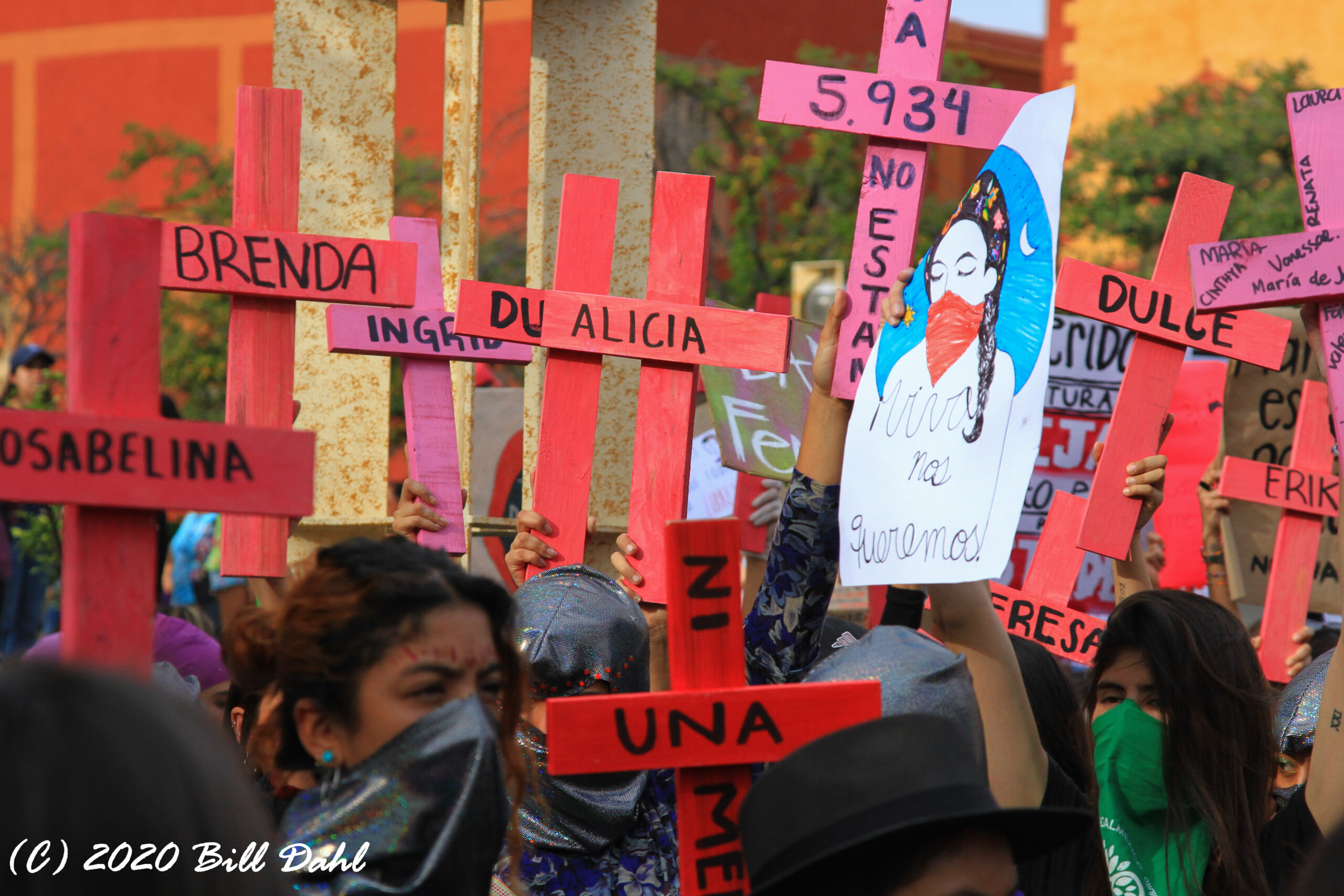
Finally, there are the voices of those who live in despair advocating for justice due to the loss of loved ones from violence in Mexico. These are the victims of the victims. Impunity implies the absence of effective societal mechanisms to investigate, prosecute and hold perpetrators accountable for violence against others. It also includes:
- alteration of the crime scene and addition of false evidence;
- official refusal to accept victim’s reports or to initiate investigations;
- intimidation and threats to victims;
- threats to family members of witnesses, including through the presentation of false charges against them or the victims themselves; and
- refusal to investigate in cases involving armed forces or narco political figures (i-v above – OpenGlobalRights)
According to Human Rights Watch: “The criminal justice system in Mexico routinely fails to provide justice to victims of violent crimes and human rights violations. Only 1.3 percent of crimes committed in Mexico are solved.” The Global Americans observes: “Mexico is repeatedly among the 10 countries with the highest level of impunity.”
In April 2022, former Pemex CEO Emilio Lozoya failed to reach a compensation agreement with Pemex, the state run oil company of Mexico. Accused of pocketing millions in bribes during his tenure from 2012 to 2018, Lozoya offered US $10 million to have the corruption charges dropped, and be his released from jail. Can you spell impunity?
Is there a channel open for dissenting voices in Mexico?
Conclusions:
Mexican historian and author Enrique Krauze penned a book entitled “El Pueblo Soy Yo,” or “I Am the People.” It is about the dangers of populism. Before the Mexican Presidential election in 2018, Krauze voiced his concerns about AMLO:
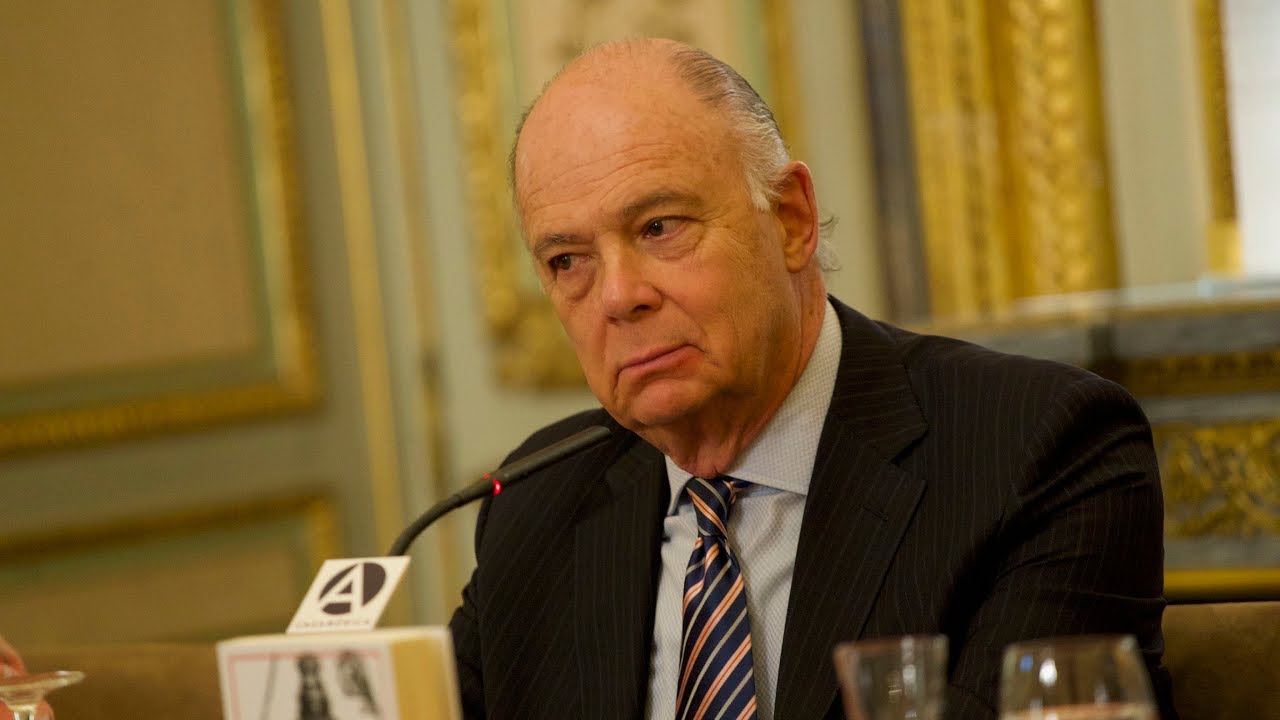
“I believe that, if he wins, he will use his charisma to promise a return to an Arcadian order. And with that accumulated power, arrived at thanks to democracy, he will corrode democracy from within.”
Every year, the Economist’s Intelligence Unit produces the results of its analysis of forms of government in the form of a Democracy Index. In their 2021 study, (which surveys 165 nations across five measures), Mexico was downgraded from a “flawed democracy” to a “hybrid regime.”
Methodologically, The Democracy Index study examines five categories: electoral process and pluralism, functioning of government, political participation, political culture, and civil liberties. Based on its scores on a range of indicators within these categories, each country is then classified as one of four types of regime: “full democracy”, “flawed democracy”, “hybrid regime” or “authoritarian regime”.
Shannon K. O’Neil who is currently Vice President, Deputy Director of Latin American Studies, and the Nelson and David Rockefeller Senior Fellow for Latin America Studies, writes in an op-ed for Bloomberg:
“Mexico’s President Andres Manuel Lopez Obrador, known as AMLO, has never had much time or aptitude for democratic niceties and institutional checks and balances. Yet as he enters the second half of his six-year presidential term, he is moving from bending to breaking political norms and even laws, putting Mexico’s democracy in peril.”
Today, you can sense the decline of democracy in our world. Honestly, you can smell it. Yet, the issues beyond the sources of the scent require our ongoing examination. In our world, the miasma emanating from far too many nations is due to the decomposition of democracy.
People can become entranced by the aroma of hope within the ideas espoused by charismatic politicians. People can become unwitting victims of the actual threats that confront us today, by becoming distracted by the entertaining displays of seemingly innocent political actors. When societies begin to rebuke and diminish the dissenting voices that might actually have real answers, we become vulnerable falling prey to blind spots, dark continents of error, and prejudice. We become vastly more susceptible to the observations of the historians who will follow the epoch of our folly by observing; “How could so many intelligent people be so grievously wrong for such an extended period of time?”
Perhaps life is much more than opining “The buildings continue standing. It’s the bodies that fall.” It was the contaminated water that was the source of the cholera epidemic in 1850’s London; not the noxious vapors that inhabited the miasma we could smell. Yet, it was the miasma that caused us to look for answers beyond the odors we could sense.
Keep your crap detector on…

Bill Dahl is a former Senior Vice President for Bank of America in Los Angeles, CA. He currently resides in Queretaro, MX. His insightful analysis of global economic and socio-political affairs has been published widely. He is a contributing columnist for IDN-InDepthNews, The Yucatan Times, Mexico Daily Post, The Mazatlan Post and Wall Street International Magazine (now Meer.com). He has been a contributing columnist for Mexico News Daily, Seeking Alpha, Los Angeles based Hispanic Vista, Immigration Law Weekly (NY, NY), Cascade Business News, and an Op-Ed contributor for the Los Angeles Times – among others. He can be reached at https://www.BillDahl.net.




